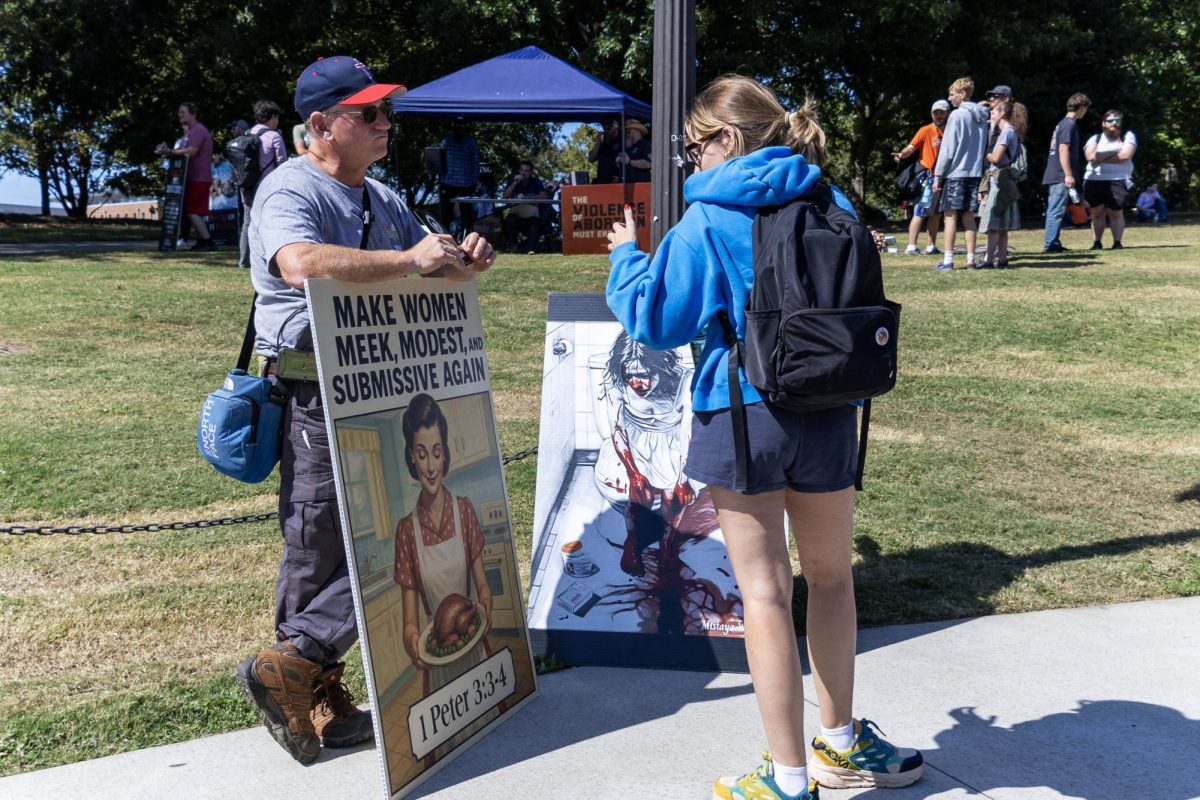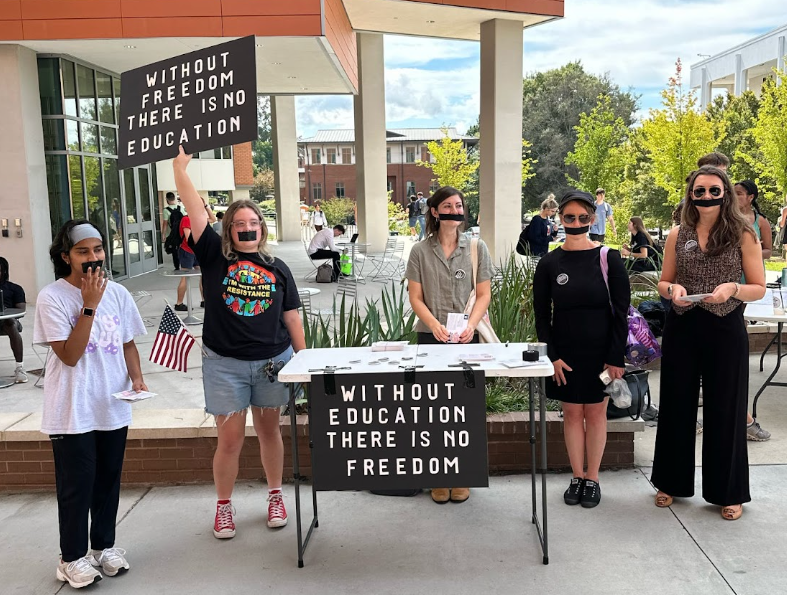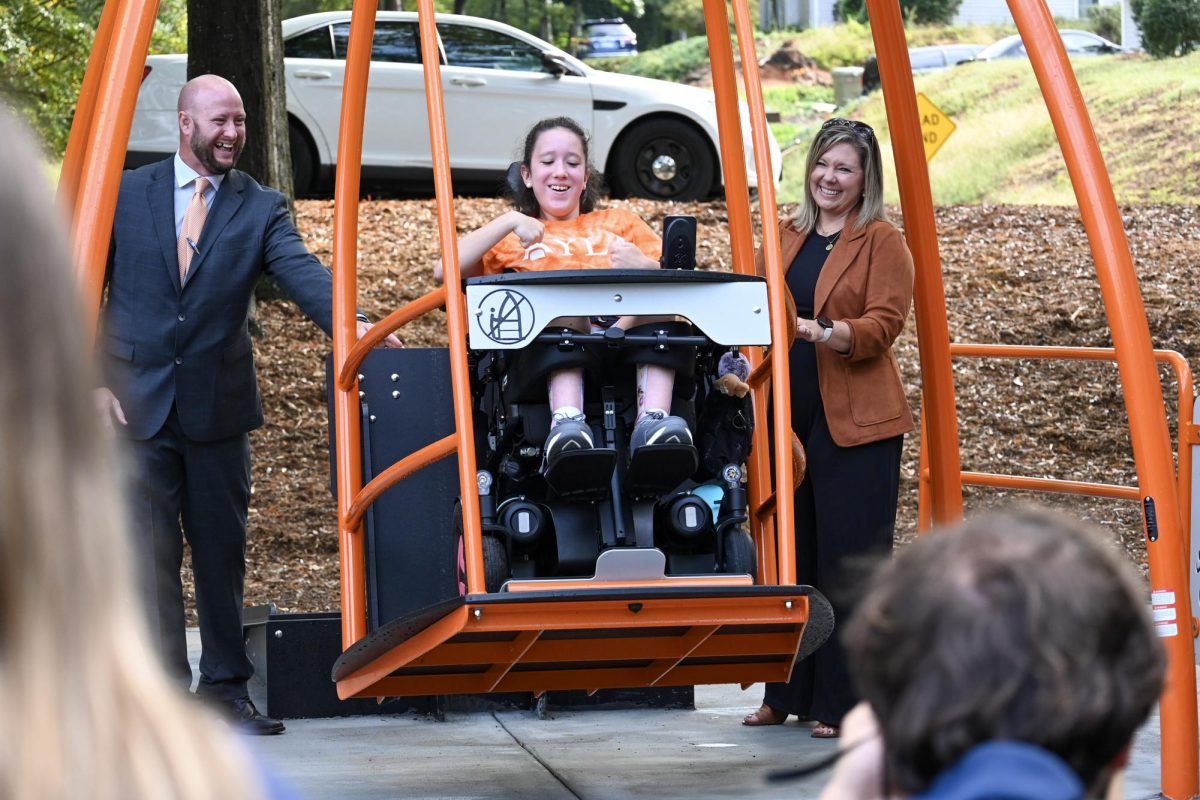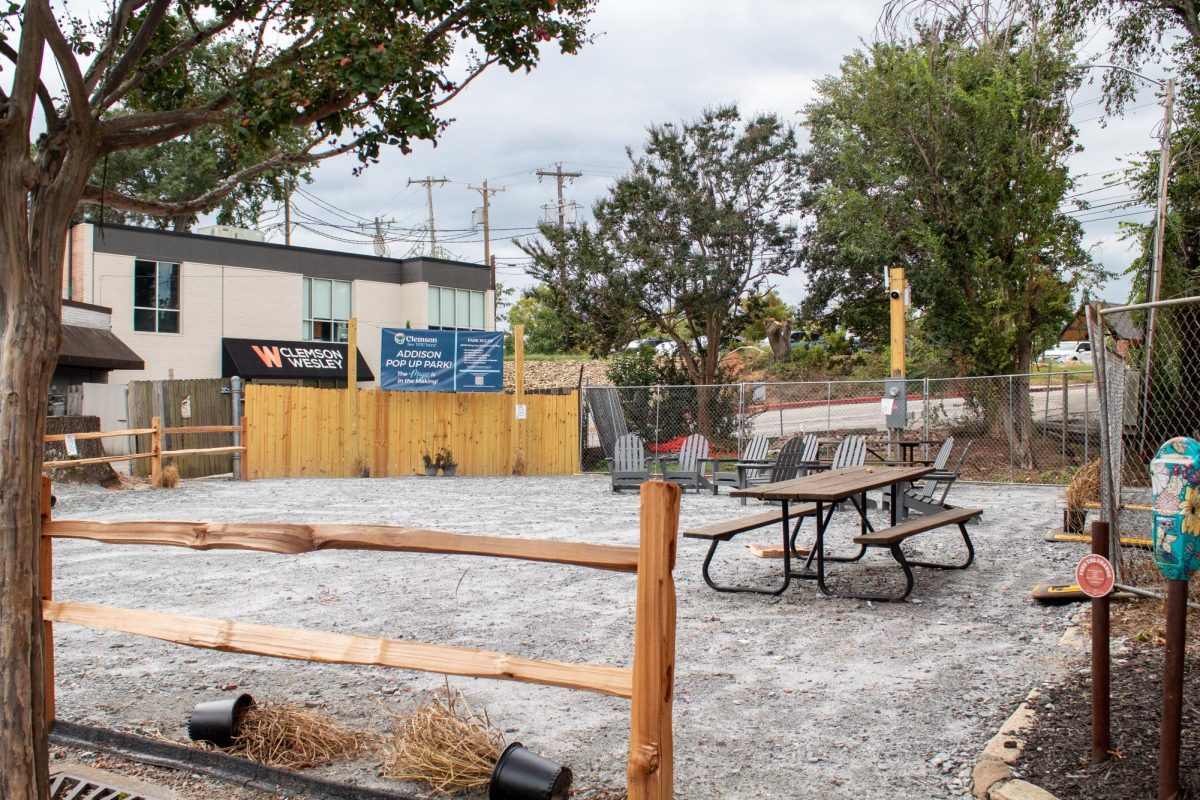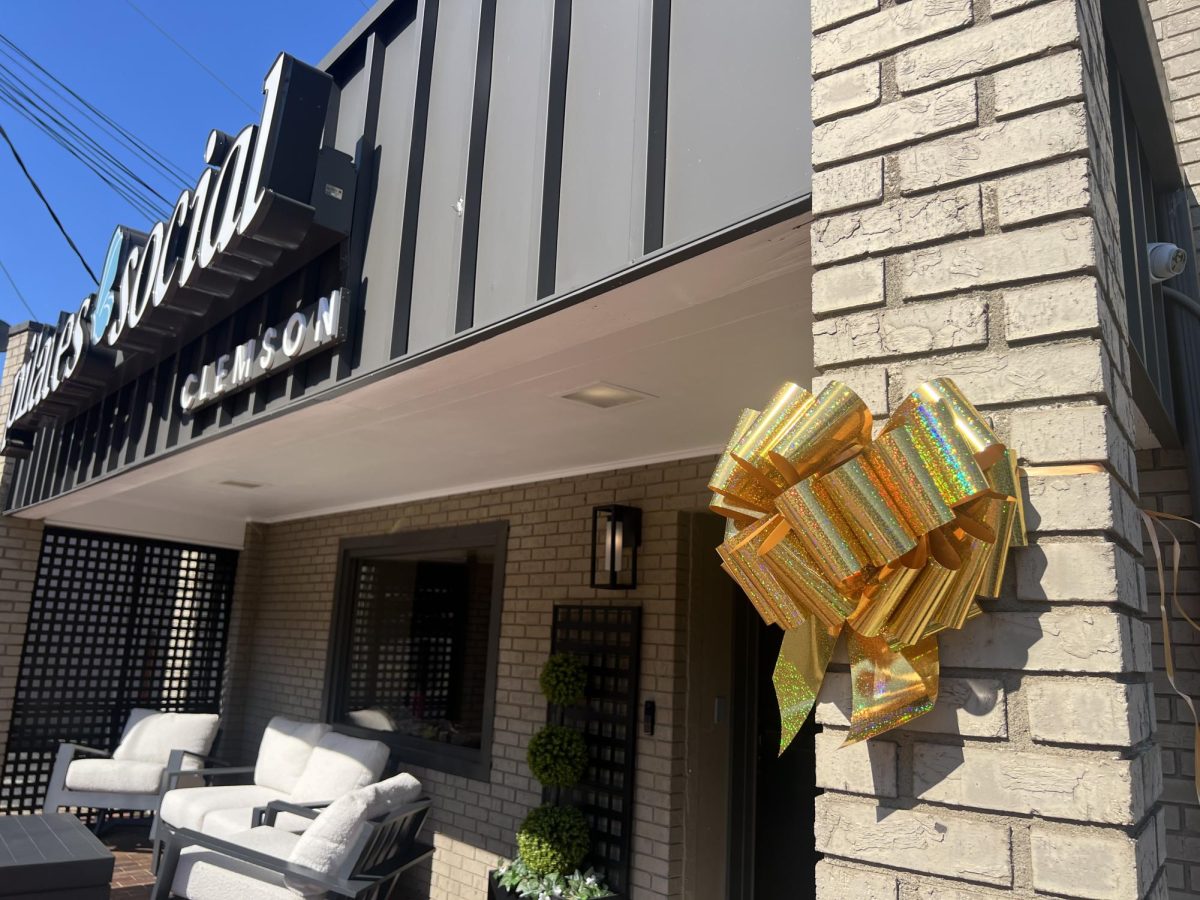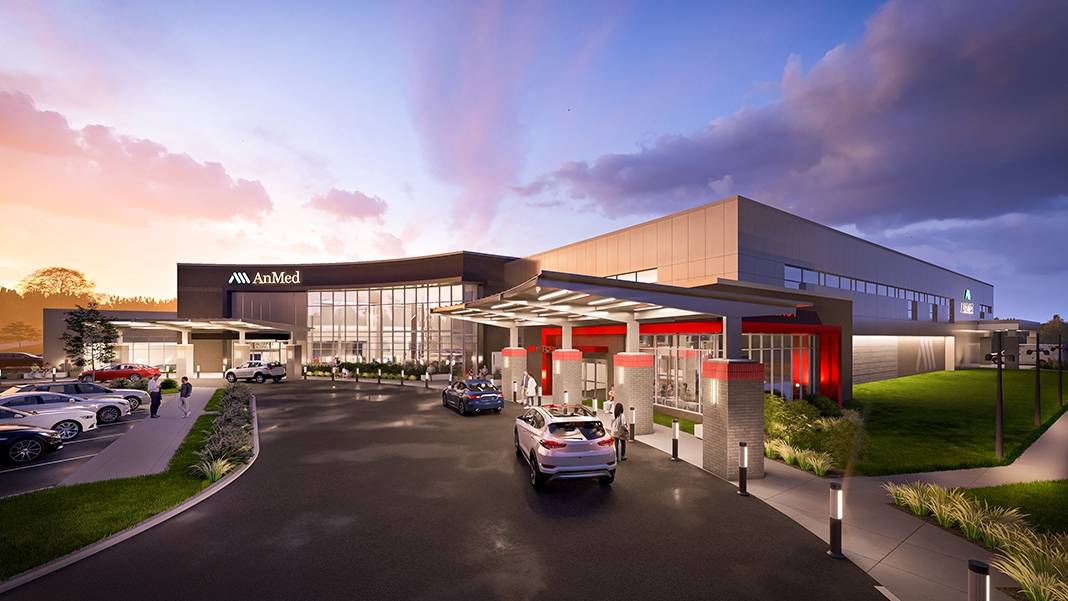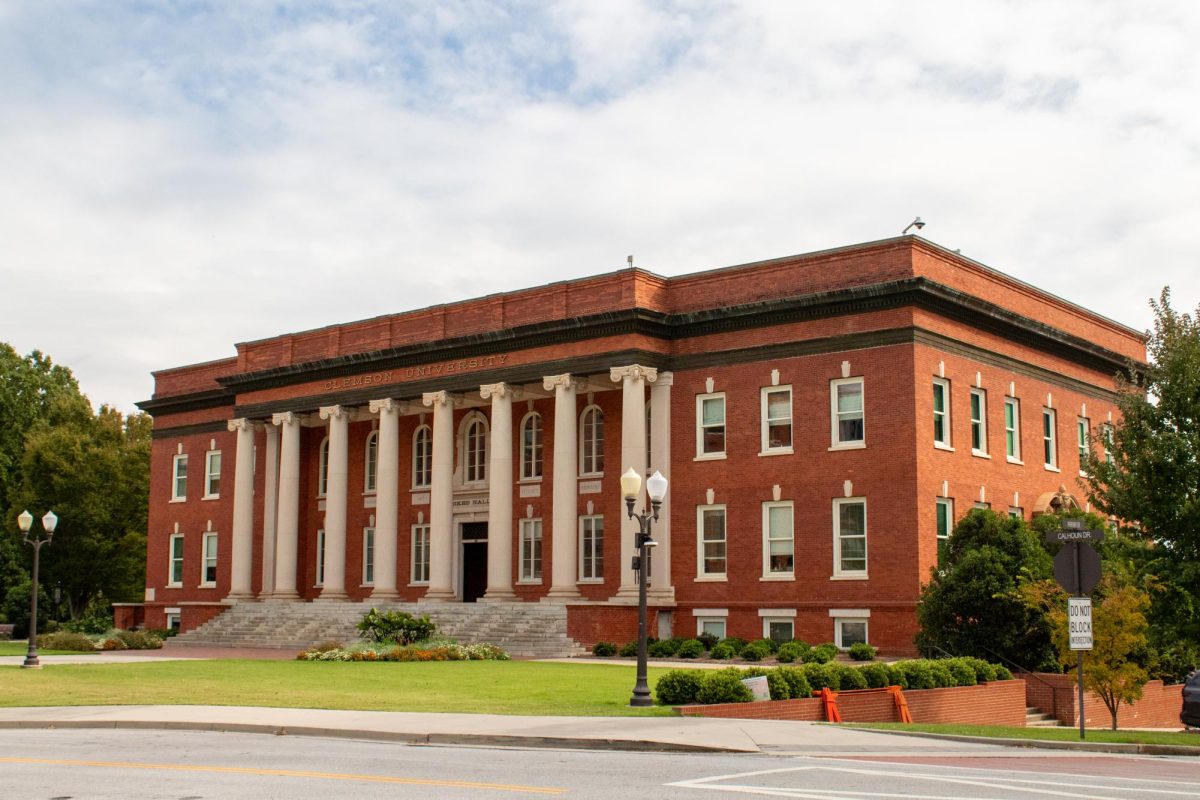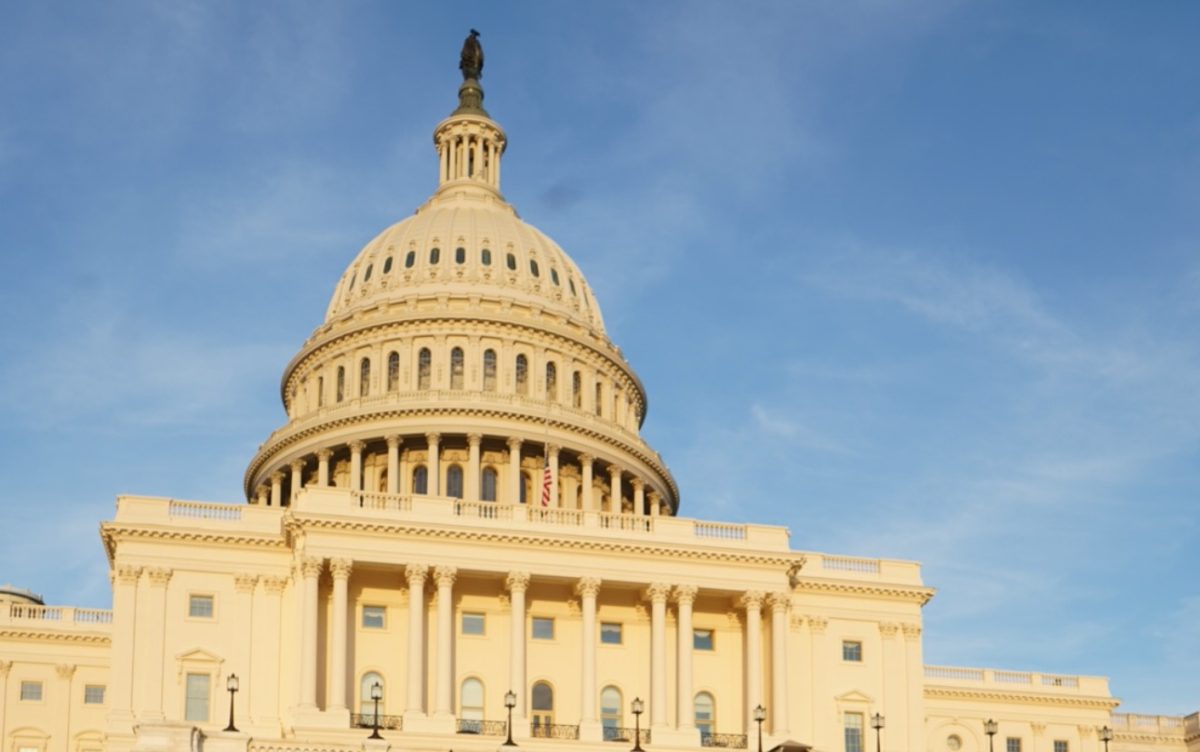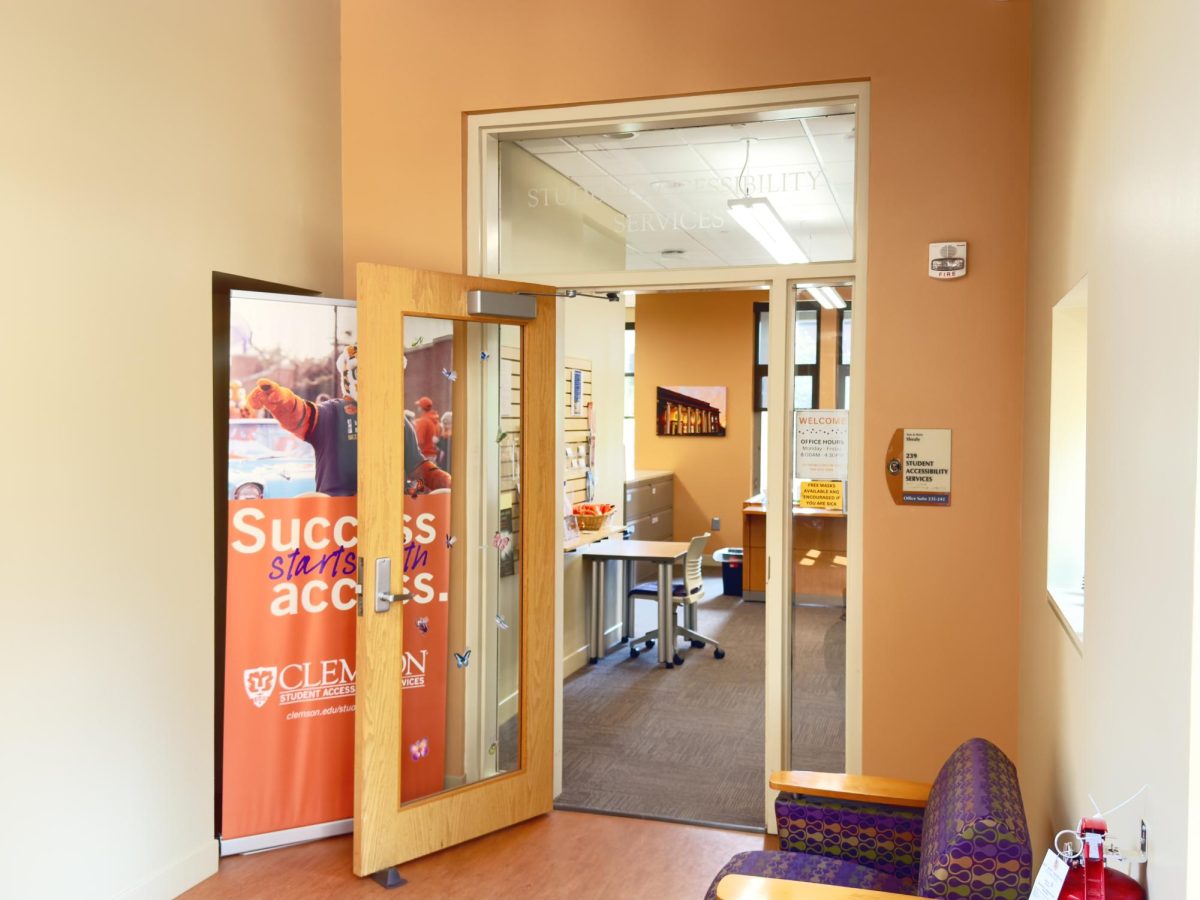The new Dockside development on Tiger Boulevard continues to face construction issues, resulting in delays that have left residents in hotels and other accommodations for nearly a month.
The 200-unit, 630-bedroom community is set to open a month after the original move-in date of Aug. 12, according to recent emails sent to residents.
The announcement of a new move-in date comes after the City of Clemson rejected a sewer line installed on the property, according to Allison Gantte, assistant city administrator.
“We require certain standards for all of our buildings and developments. It’s for the safety of everyone – for residents, people living there, for our own infrastructure. The City sets the standard, and DHEC adopts the city standard,” Gantte said to The Tiger.
Residents, including Clemson students, have been split into two phases for move-in. Both have experienced delays, with the earliest moving in now by Sept. 12.
“My move-in has been delayed a month like most people,” Caroline Dupree, a sophomore food science and human nutrition major, said. “Last I heard, they are now also making people move out of hotels before the first home game and making them either switch hotels or making them find another place to live last-minute.”
Dockside did not respond to repeated requests for comment, instead redirecting towards information on their website.
Residents were given three options during the interim phase: stay with friends and family, stay in a provided, shared hotel room with one of their roommates or stay in a provided, private hotel room. The hotels provided for students are located in Anderson and are at least thirty minutes away from campus.
“The buildings are ready to be moved into, the elevators are operational, the pools are full of water, the deck’s built,” Brent Little, president of the development company for Dockside, said about the City’s requirements. ”It’s looking beautiful, so let’s move the kids in and we’ll fix what you want us to fix and post a bond in the meantime.”
The current construction issue relates to the slope of the sewer line for the property. The City requires a minimum of 0.4 or above and says it was not installed to that standard.
Little noted that there are places on the property where the manholes and other things underground cause slight variations in the slope, but nothing unsafe for the residents.
“We won’t have all the pipe replaced within two weeks, but we’ll have a game plan and, hopefully, we can get a TCO (temporary certificate of occupancy) and move people in while we work on any other work they want us to do on this line and complete the rest of the project,” Little said.
Dockside also provided each resident with an online payment option, giving them either $100, $60 or $20 gift cards each day, depending on whether they chose to stay in a hotel.
“Me and my roommates are currently staying in an Airbnb that is thirty minutes away from Clemson. All of the hotels that Dockside offered for us to stay in are also very far away from campus,” Elizabeth White, a sophomore health science major, said. “For students that decided to stay in a hotel, they only get sixty dollars per day and have a very long commute.”
When first announcing the move-in deadline extension, Dockside gave residents little time to find alternative accommodations, according to residents.
“Dockside gave us three days to find another option before move-in,” White said. “Our move-in was supposed to be August 12th, so it was quite a delay, and they didn’t give us much time to find another place to live if we didn’t want the long hotel commute.”
Students that chose the option to live in a hotel had to continue paying their Dockside rent rate for August.
“My apartment suite is currently paying $930 a month because we signed onto Dockside early, but some people are down to a lot cheaper, which is around $700 to $500. Anyone who is staying in a hotel must pay their August rent as well, but thankfully, I did not have to pay mine,” White added.
The delays at Dockside follow similar construction delays at Cambridge Creek last fall, where supply chain issues led to students being placed in hotels for the beginning of the semester.
Dockside Clemson construction continues on-site, as four engineering companies are working to repair the sewer issues.





